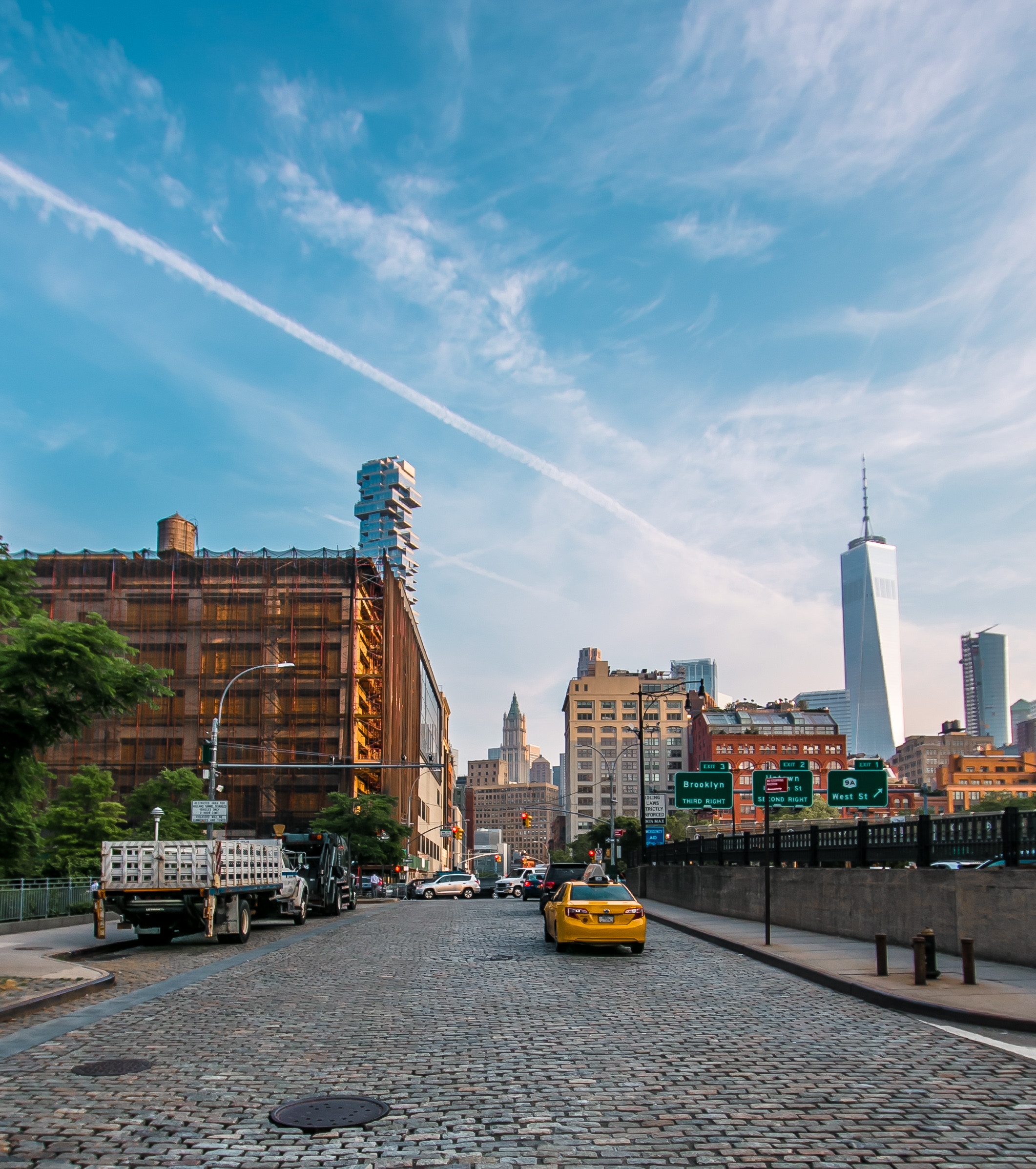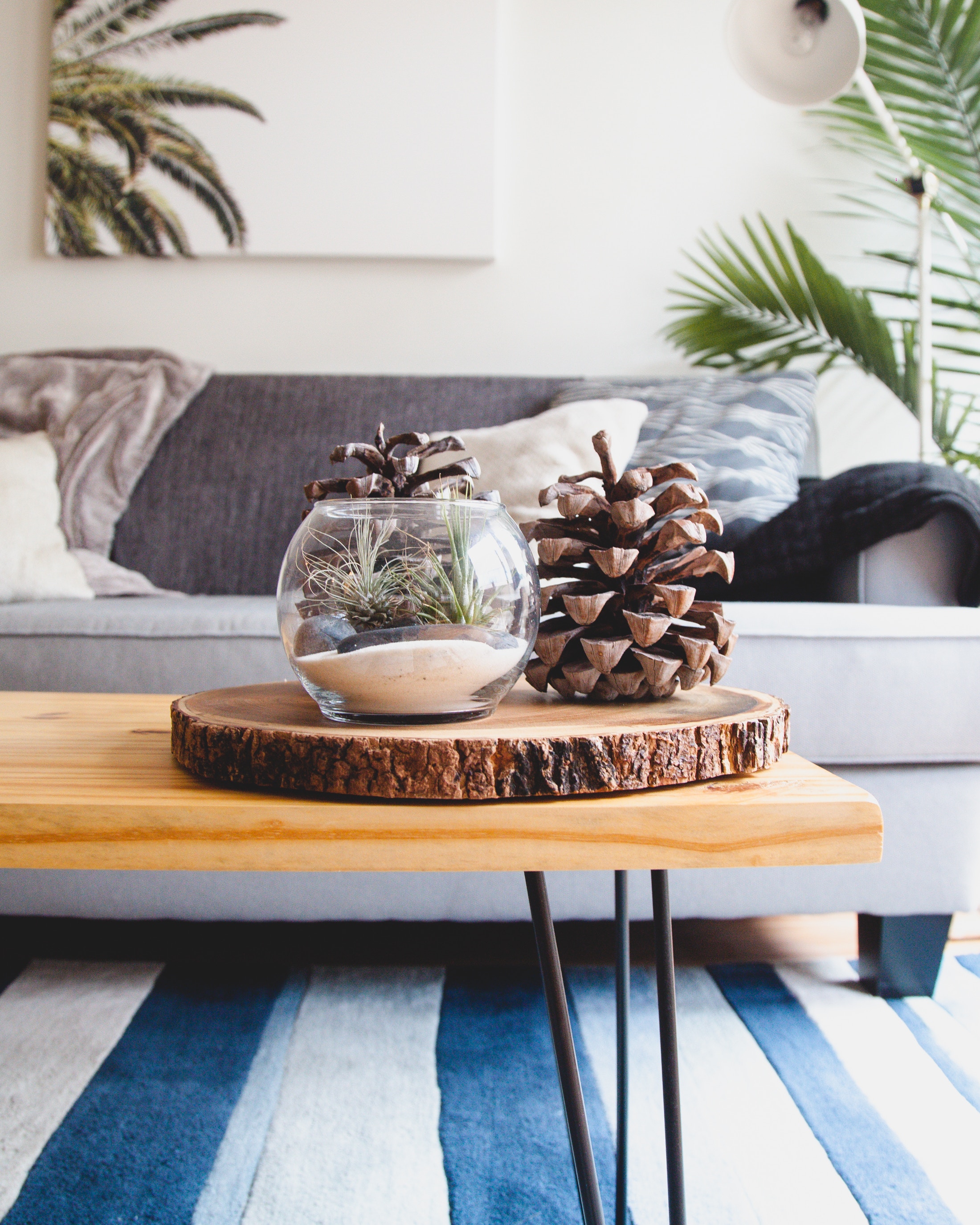What Makes a Good Real Estate Investment in NYC
New York City is a real estate playground. With a rich history in developing the world's most prestigious addresses and redefining what it means to live in an urban metropolis, it comes to no surprise that residential real estate in this city is sought by individuals across the world. Whether you find yourself living on the other side of the ocean or have been living in NYC for years and want to finally own a piece of it, it's important to explore the different investment opportunities that exist as well as understanding what defines a good investment opportunity.
Investments come in many shapes and sizes. They also come in different tenures. Not all investments are the same, will perform alike or are even intended to. The key to finding a good investment when it comes to NYC real estate is not simply saying that you want a good investment, but rather it lies in understanding your objectives. Once your objectives are firmly established, then it simply becomes a matter of finding the perfect fit. Good news for you, we focus on this experience holistically and believe in the end-to-end journey. Our goal is not to sell you real estate. It's to explore your objectives and match them with the right property fit.
NYC Real Estate Investment Objectives
Let's explore different, unique investment objectives you may have when it comes to purchasing property in NYC.
Diversify your assets.
Whether you need to adjust from cash to real estate or divest from specific regions.
Asset Diversification
You may find that you are long in a single asset class, or perhaps you have spent the earlier part of your career accumulating wealth through stock ownership. Perhaps you are an international investor and are over-allocated in a single currency or fear potential political risk.
Property Fit: You'll want to purchase a condominium in which you can park your wealth discretely. This means buying into a steadfast, marketable address. Whether you decide to buy and hold for a decade or need to buy something in the short-term to potentially turn over in a year or two, this is the strategy which you will want to pursue.
Put in the work.
Fix it up and flip it.
Quick Flip - The Fixer Upper
You heard there's a lot of good deals on the market right now. The 2019 buyer's market is upon us, and sellers are slashing prices. You're looking to find the right deal, put in some work and turn the apartment around for a quick buck.
We've pursued this strategy several times on our own, which has been documented here: Secrets of a 27-year-old Condo Flipper.
You'll need to have the vision for the size of the flip that you can take on, as this involves finding the right property at the right discount. Just because it's a buyer's market does not mean you're going to find an apartment worth flipping. Remember, you'll be paying for the apartment, the construction and the transaction costs selling the residence. The apartment discount needs to be steep enough to justify the flip. The majority of apartment sales in NYC are NOT priced well for quick flips, particularly for inexperienced buyers.
Property Fit: For a quick flip, you'll want to purchase a condominium that needs a lot of tender love and care. You'll need to pursue something that's so undervalued that you might be scared to find yourself being the only one willing to purchase it. You'll need to explore your potential inputs (i.e. cost of construction, labor, etc...) and project your output appropriately.
Play the long game.
Get rewarded every day.
Long-Term Appreciation
While sometimes feeling fast and loose, NYC favors the bold and those with a long-term vision of the future. The real estate market is no different. Despite ups and downs, followed by a long-term positive trajectory, the New York City real estate market continues to deliver favorable returns. Property values continue to increase, whether you're looking into condos, co-ops or brownstones. Neighborhoods are transforming and boroughs are blooming. Long-term appreciation implies that you're vested for an extended period of time. You're not going to flinch when you read sensationalized headlines about what the market is doing. Rather you sit there steadfast knowing that you own a slice of the Big Apple. Additionally, buying a property with the long-term in mind may lead you down a path of building a a rich property portfolio down the line. As your properties appreciate, and you’ll be able to refinance, you’ll be able to continue acquiring more properties, and thereby accumulate long-term wealth.
Property Fit: The property fit will be largely dependent on whether you are looking to live in the residence or whether you are an investor seeking to rent it out.
If you are an investor who seeks to rent the property out, then you'll either be seeking a condo or a brownstone. If you plan on living in the property, then a co-op will be a fantastic option as well. Co-ops have many benefits for primary homeowners. And yes, co-ops do make for exceptional investments.
Collect rent.
Build equity and long-term property appreciation.
Rent Roll
You're an investor seeking rental income. Your ideal scenario is having a property and tenants in place that provide you with monthly income, enough to cover your expenses and even have some left to put in your pocket. Furthermore, you likely want a high cap rate. What you net every month is going to be highly dependent on how much money you're willing to put into the property. If you buy something all cash, you will definitely cover your monthly expenses, since you're only going to be paying common charges and taxes (assuming condo purchase).
However, if you put a minimum of 30%, you're going to be in a position where you may be happy if the monthly rent you receive covers the cost of the mortgage financing and your monthlies. Most investors don't seem happy at the prospect of this because the assumption is that every month they should be overflowing with pockets full of money from their rental payments. Not the reality in NYC! On the flip side, even if you broke even every month in this type of scenario, you're still paying off a mortgage every month and building equity. Furthermore, over the long-term, you're still getting the benefit of property appreciation.
Property Fit: Since you're looking for rent roll, you'll either need a condominium or brownstone. Co-op rules are too prohibitive, although there are investor friendly co-ops, which often require all-cash purchases.
Buy in early.
Get handsomely rewarded later.
New Development Flip
New York City should be crowned as the official developer's paradise. Whether you're looking for quaint new developments in TriBeCa or penthouses on Billionaire's Row, there are new developments under construction every day of the year. What does this mean for the buyer? Many options! But what exactly is the new development flip? And how is this a good investment opportunity? A way to make money with new construction is to buy into the development within the first few months that it is being marketed. At that point, you will be executing a contract for a property you won't be able to close on for at least 1.5 to 2 years. However, during the sales process, property valuations will continue to increase. This means that at the moment you close, you will already lock in some serious appreciation. In some instances this appreciation may be enough to justify flipping and selling to take the profit. In other instances, the profit may not yet be enough to justify the transaction costs.
Property Fit: New development condominiums that are more than a year away from completion is the basis for the criteria here.
Start here.
Make it anywhere.
The Starter Apartment
So you live in NYC, and you're working hard to pay your bills and save your money. You're ready for your first apartment, but you want to make sure it's a good investment. So what makes a good investment in this scenario?
When you purchase a property you get the benefit of the following:
Long-term appreciation
Building equity
Mortgage interest tax deductions
Real estate tax deductions
$250,000 in capital gains tax exemptions on sale
From these factors alone, buying the right property, when you are positioned to do so is a good investment. However, it's essential that you factor it into the context of the fact that the alternative is renting, which is the equivalent of pouring money down the drain (from an investment perspective).
If your goal is to buy a starter apartment with the expectation of finding a great deal, where you can sell it 2 years later for a hefty profit, that's not a strategy which can easily be pursued with guarantees. With the buyer's market currently present in NYC, now is the time to find a strategic investment at a lower price than you'd be able to find a year or two ago. That’s a fact, and that means it presents an opportunity.
Property Fit: We would recommend a co-op or condo, depending on the type of lifestyle and property finishes you are seeking. Co-ops will have a lower price point and generally older finishes. The majority of Manhattan inventory is made up of co-ops, as condos have only become mainstream in the past several decades. With co-ops there's also an opportunity to increase property value through renovations.
Your Call to Action
So you you know you’re looking for a good investment. We all are at the end of the day. Which of these investment objectives most closely aligns with your philosophy? Perhaps it’s one of them, or perhaps it’s a blend. Feel free to contact us below and chat. We’re here to have discussions and build long-term relationships.







